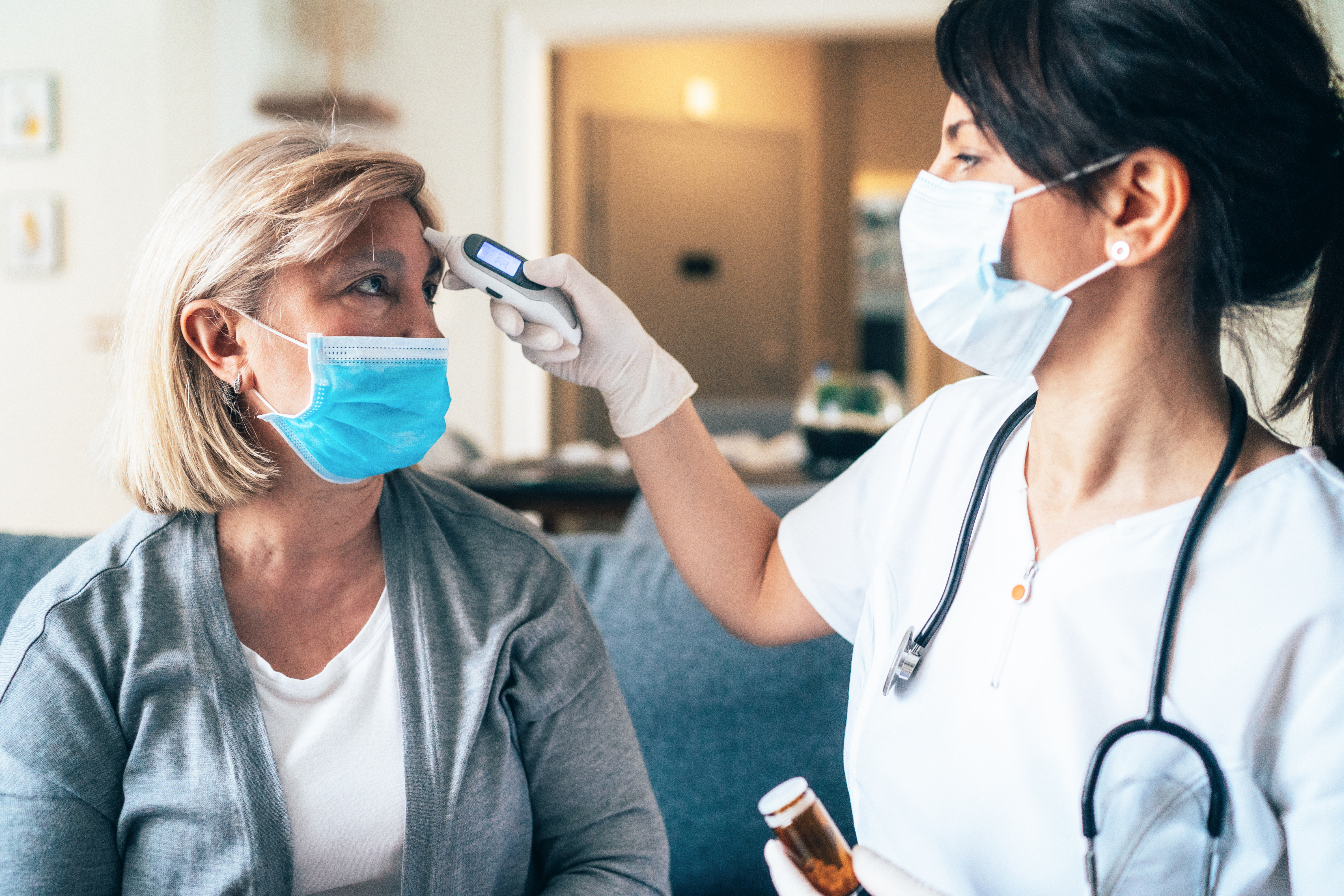
There is a new phenomenon in our health care settings. After an arduous 18 months, those on the frontline of COVID are beginning to experience a completely different form of fatigue and burnout. We are beginning to observe anger at those that have not been vaccinated and refuse to mask. Recently, Chavi Eve Karkowsky wrote about this in The Atlantic; his observations are coming to fruition, and this theme is playing out in the press and social media.
Our profession dictates that we treat the disease rather than the human behaviors that might impact the underlying situation. However, we also have an obligation to fight against the root causes. Though I might treat you for a sexually transmitted disease without judgment, I will educate you on how to prevent its recurrence. Though you have complete control over whether you exercise or not, I will treat your heart disease without anger while simultaneously sharing the virtues of exercise and healthy living.
However, this pandemic is posing a much different reaction. Why? One postulation is that the question of whether to mask or receive a vaccine has become so polarizing. In our practices, we do not hear, “Yeah, I know I should exercise, but I simply do not have time.” Instead, with regards to the vaccine and masking, we hear the negation of science and reality and it is substituted with accusations of lying and the belief in the removal of one’s personal freedoms.
This situation becomes incredibly personal to clinicians because not only do we witness you harming yourself, but you are also endangering others, including in some cases, our own children. Moreover, you negate the ideals I hold as a core value in the work I do, while I strive to understand your perspective and help reshape your opinion. So, you trust me with your life when you become ill, yet you do not trust me when I diligently attempt to prevent your illness? And more importantly, you inform me you do not believe in my science until you require it, and then you desire it and expect that healthcare will do everything to help you. Furthermore, you exclaim, “I am fine with the notion I might become ill, but I will still come to you for help when I need it, and then I will demand all the science there is to save me.”
Not only do we observe this in the general population, but we also see these dynamics in some healthcare workers themselves. This factor only amplifies the emotional strain occurring; we are now witnessing this anger projecting on to our patients and colleagues. How do you profess to certain scientific beliefs but not to others? How do you show up to work every day to help others but refuse to do the simple things to protect yourself and your community members? Sure, there might be logical reasons, and undoubtedly, we can debate the science of it all day long. Truthfully, what is disheartening is the negative impact on the human psyche of those who dedicate their lives to serving others. Unquestionably, our society owes respect for individuality, but individuals must respect the whole community as well.
